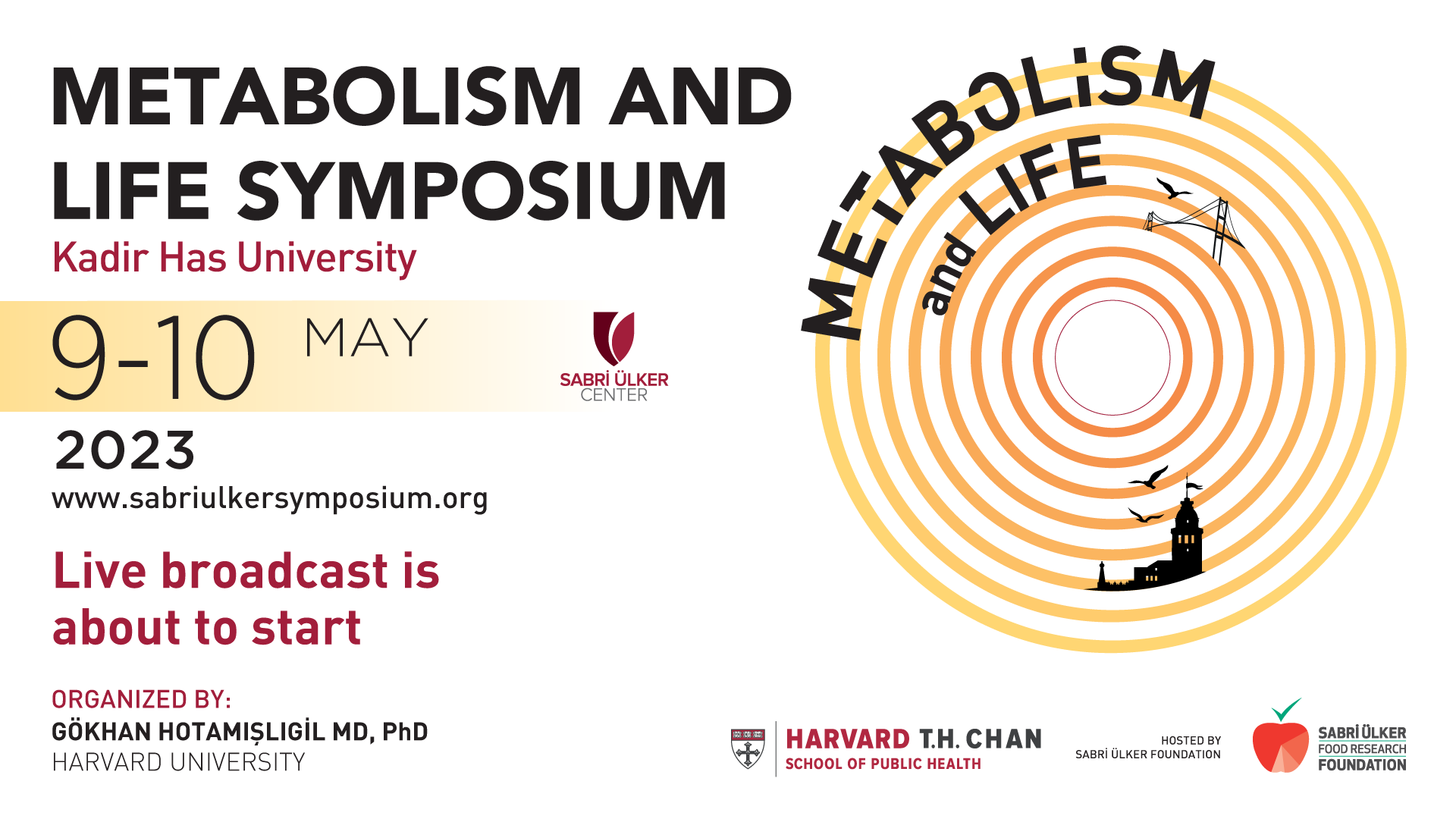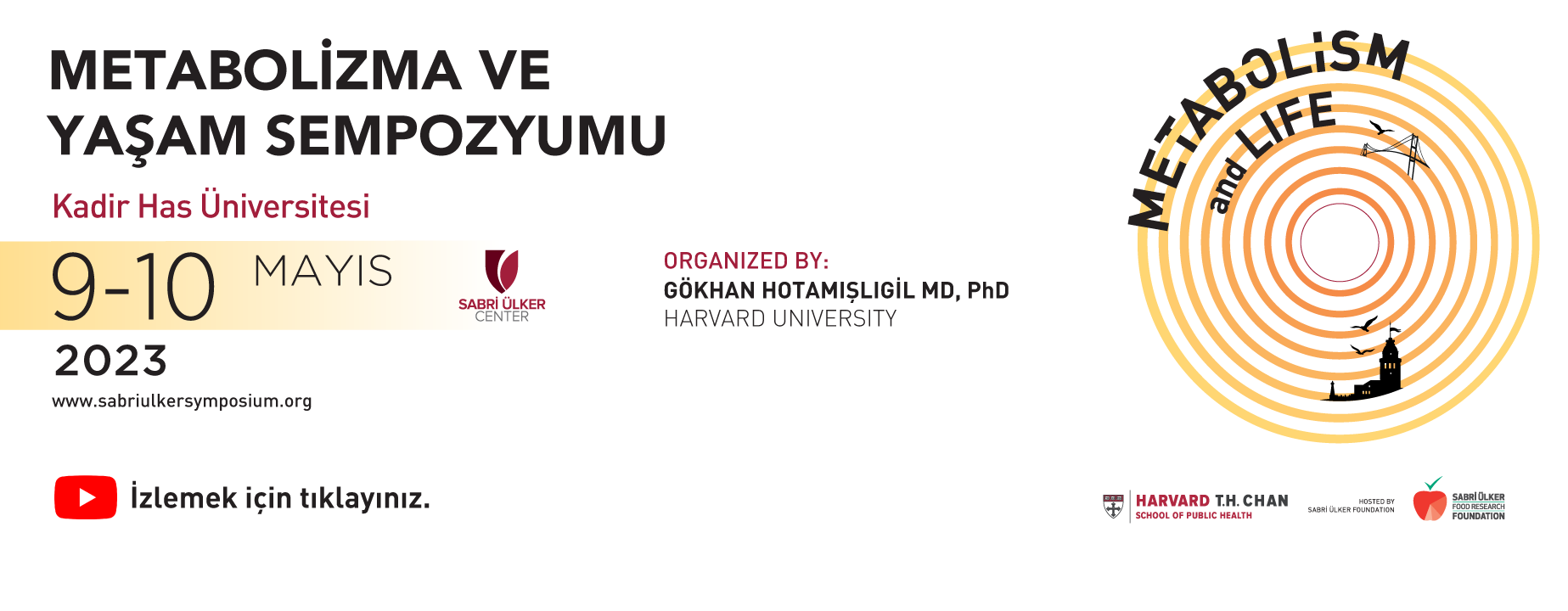SAĞLIKLI YAŞAMA DAİR GÜNCEL YAZILAR

.png)
PROJELERİMİZİ DETAYLI İNCELEMEK İSTER MİSİNİZ?

Bilim Bunu Konuşuyor
Detaylar için tıklayınız!
Dengeli Beslenme Testi
Detaylar için tıklayınız!
Yemekte Denge
Detaylar için tıklayınız!
Sabri Ülker Vakfı Yayınları
Detaylar için tıklayınız!
Çocuğumla Adım Adım
Detaylar için tıklayınız!SABRİ ÜLKER VAKFI
İZLEMEK İSTER MİSİNİZ?



Lütfen bekleyiniz...
Formunuz Başarıyla Bize Ulaştı!
Bizimle İletişime geçtiğiniz için teşekkür ederiz.





